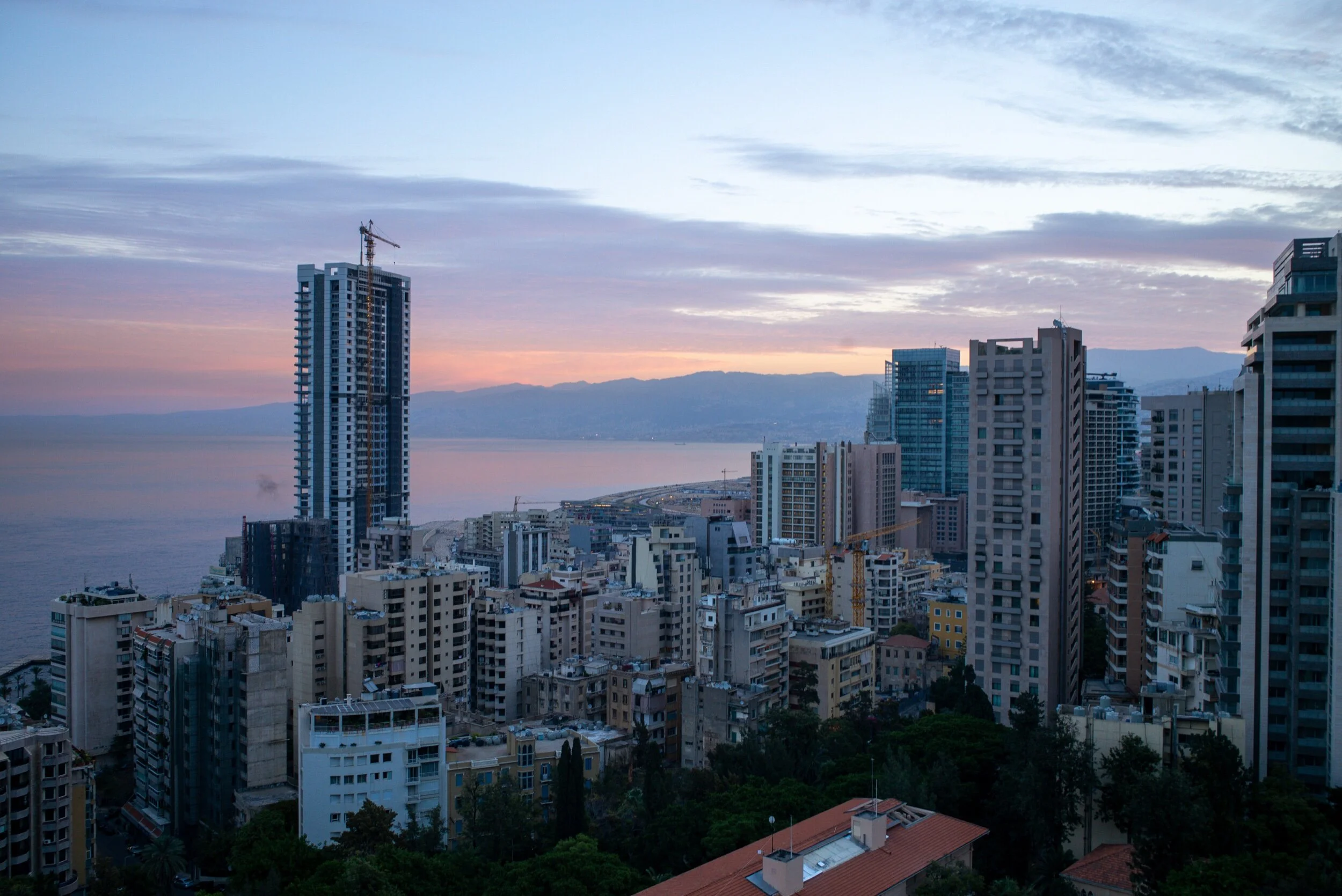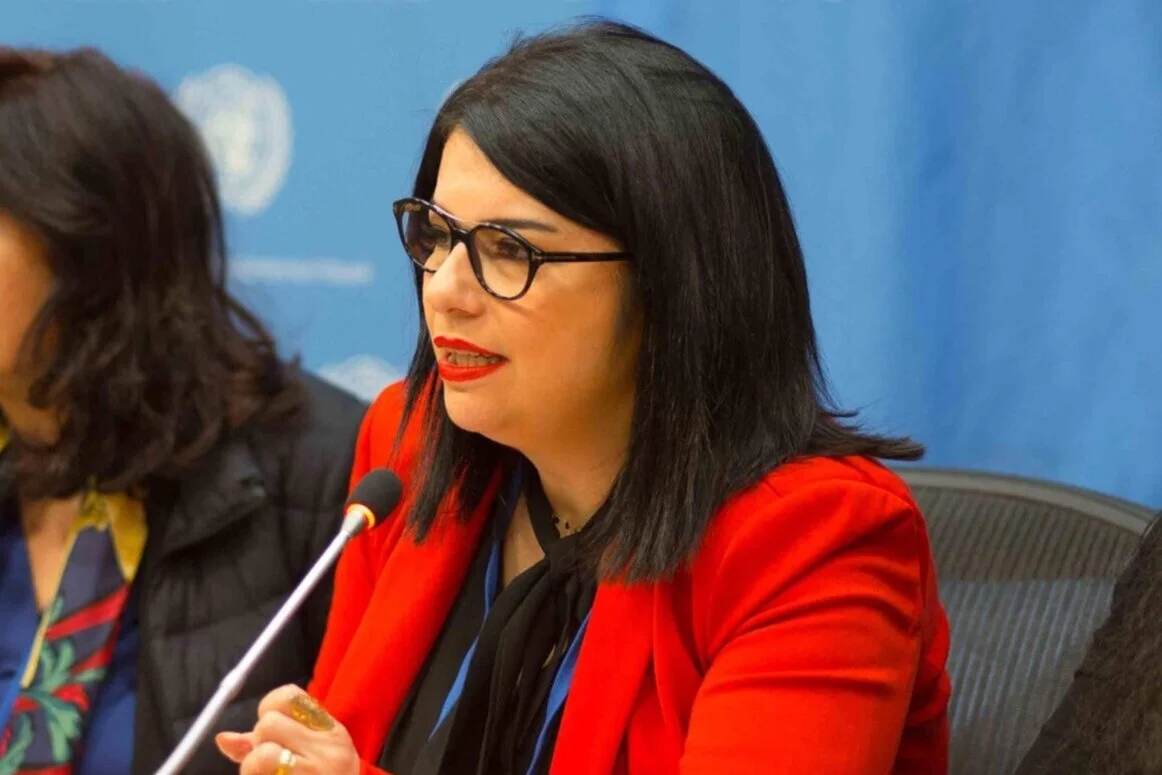Beirut: Mourning, Anger, and Hope
Yesterday’s explosion took seconds to tear through Beirut, but the tragedy has been in the making for years.
Decades of corruption, foreign interference, and inequality set the fuse for this catastrophe. And yet again it will be the people of Lebanon who are left to pick up the pieces.
That Beirut and Lebanon have been able to rebuild at all after years wars and instability is testament only to the strength of the Lebanese people. Their pride, their determination to live, and live in dignity have been the foundation on which progress has been built. It was this determination that brought thousands onto the streets to demand an end to the cronyism, economic mismanagement, and failure of political leadership that have driven Lebanon into crisis upon crisis upon crisis.
Those protestors did not leave the streets because the problems Lebanon faces were solved. Indeed, Coronavirus has further exposed the failures of governance, deepened the economic crisis, and put yet more strain on public services already at breaking point.
Now, we see doctors and nurses who have not been paid treating the injured who have not been able to work, while politicians rush to demand accountability rather than accept it.
The response of many politicians to the disaster has only added further anger to the pain, pain that has reverberated further even than the explosion’s shockwave.
Beirut is a truly global city. It has long attracted scholars, students, executives. But it is also a home to thousands of expatriate workers - especially domestic workers - who face exploitation and worse with little or no legal or even consular protection.
It is a city that has become a new home for thousands who had lost their homes - Palestinians, Libyans, Syrians, and more. A truly extraordinary proportion of people in Lebanon are refugees from conflict, a huge responsibility that the country has had to take on. Like the Lebanese themselves, these people might have hoped to have seen the last of violent destruction - smashed windows, levelled buildings, broken livelihoods. But it was not to be.
There is an urgent need for relief in the wake of the disaster. The injured, those who have lost family, the people who have lost their homes and businesses. They need support. Coronavirus is still a grave problem in Lebanon, and cases have been increasing even before the strain of dealing with this disaster. The international community must support work for the long term needs of the Lebanese people.
Lebanon - the land of the Phoenicians - must again rise from the ashes. It must again build anew, it must not return to a path that has already led to disaster. Through the protests, the people of Lebanon showed that they want to build a democratic and accountable country.
There is hope.
The Karama Network, 5 August 2020
Brigitte Chelebian, Founder and Director of Lebanon’s Justice Without Frontiers
“Victims of yesterday’s explosion in Beirut need justice and an end to the impunity of the perpetrators and those responsible of this crime, as well those responsible of the corruption and the economic crisis in Lebanon.
“It is time to have an independent judicial system, time to end the immunity of some politicians, time to have a democratic, credible, accountable and trustworthy political system.”
Brigitte Chelebian, JWF
“The catastrophic explosion of Beirut has exacerbated vulnerability of the extremely vulnerable. Palestinian women residing in Burj Barajneh and Shatila camps as well as those scattered in various areas in Beirut like all women living in similar economic conditions have increased burden of care work that would take its toll on their physical and emotional well-being. Palestinian women share similar burdens with Lebanese women as well as women of other nationalities mostly migrant workers who reside in marginalized areas in the Beirut including the Palestinian refugee camps, added to such burden the refugee stigma which they share with Syrian refugee women. During this catastrophe in Beirut whose phases are still unfolding, humanity was unified: there were Palestinian casualties as well as Lebanese, many of the injured were referred to Haifa hospital in Burj Barajneh camp as Lebanese hospitals are aching with challenges of destruction and of COVID19. As always Palestinian women, as women have the added responsibility of keeping families intact working within dwindling financial resources and amidst the quick sand of Lebanese political instabilities and the chronic refugee stigma.
“However, now, with the blood being spilled - Lebanese as well as Palestinian and other nationalities, now is the time to call upon the feminist movement and all relevant stakeholders to the joint support of all vulnerable women enduring such a catastrophe - Palestinian, Lebanese, Syrian and migrant workers, they are all women, they are all enduring. Now is the time to amplify existing synergies and alliances among Palestinian and Lebanese feminists to work for the rights of all women who are enduring the catastrophe that befell Beirut and Lebanon as a country.
“The priority for an inclusive act of solidarity is to call for a relief and economic resilience package of support targeting civil society organizations and agencies working with the vulnerable . Gender inclusive economic empowerment initiatives targeting Palestinian women, vulnerable Lebanese women touched by the catastrophe as well as Syrian women and migrant women workers, giving priority to Beirut would help establishing substantive foundations of bridges to support women’s autonomy in the form of joint Palestinian and Lebanese economic women cooperative action; this would be a model to follow, this exemplifies the spirit of UNSCR 1325.”
Dr Aziza Khalidi, CRTD.A
Mouna Ghanem, co-founder of the Syrian Women’s Forum for Peace
“Failed states become more and more a serious threats to international peace and security. It is out of failed states that the major terrorist groups had emerged. Coronavirus has exploded in a drastic ways in the failed state, and this explosion has burned a beautiful city like Beirut because of corruption and absence of functioning state.
“The only way to secure a safe future and to protect humanity is through building functioning states and preventing the emergence of more failed states.”
Mouna Ghanem, SWFP



